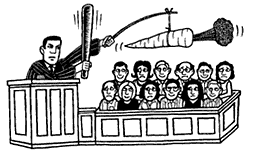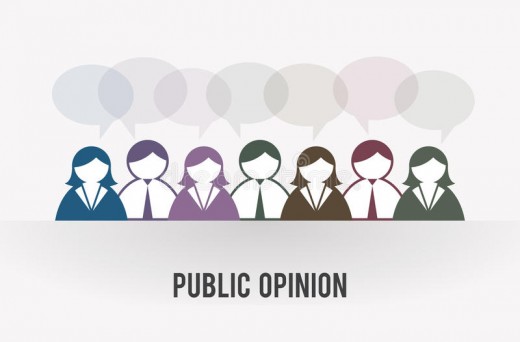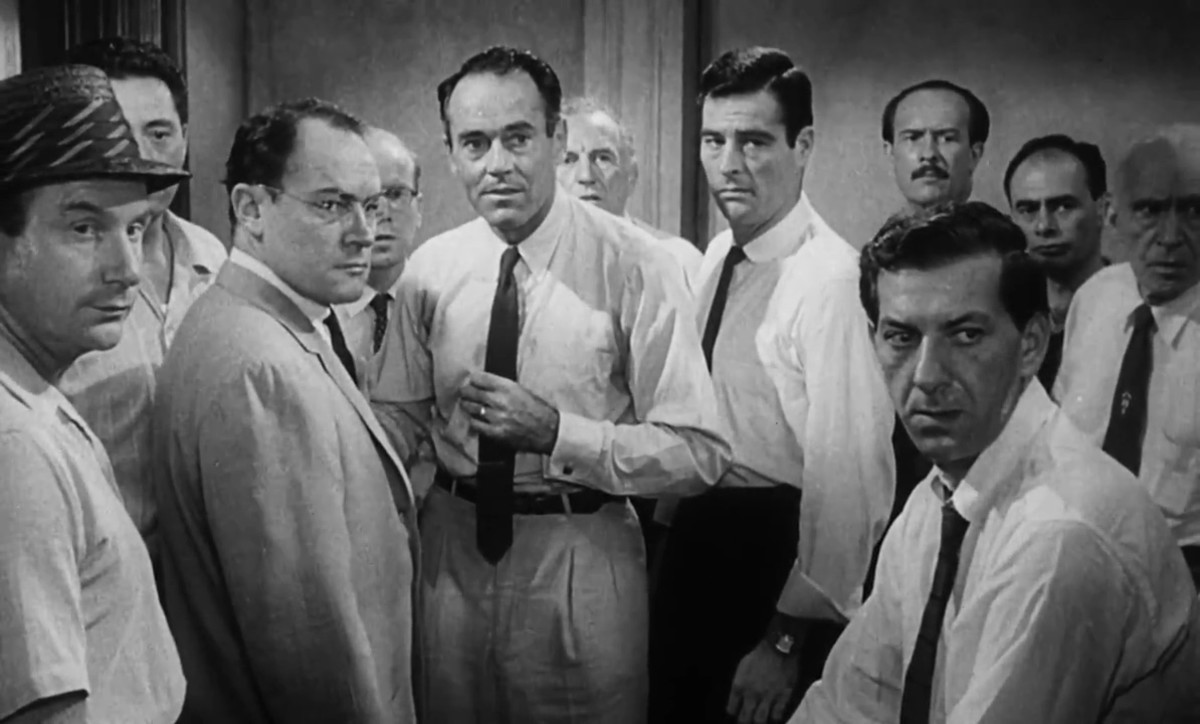Does America Correctly Place Verdict Responsibility?

Men and women are randomly joined together to form a jury and reach a verdict in case after case and it astounds me we are so bias to our own thoughts that if a jury does not come back with the public expected verdict then they did something wrong and the jury bashing starts. I am not suggesting all verdicts are correct or juries may deliberately ignore evidence but what I am suggesting is the state has the lone responsibility to present a case to convict the accused and if that fails then we must ask did the state present their case badly and/or with a lack of hard evidence. Being a juror requires lots of attention and energy particularly after instructed to use only evidence presented. This instruction is vital and adherence to this is important while performing this difficult assignment with diligence and without personal judgement. In order for to help a jury reach a guilty verdict requires meticulous attention from the state. Daily jury praises occur when overwhelmingly the state presented a case in favor of convicting criminals. However, if the state's presentation is substandard and the jury "got it wrong" the public, media, and family members degrade jurors because the prosecution did not present a solid case for a guilty verdict and it is easier to blame a juror than it is to blame the state.
Of course, a human juror makes mistakes. Juries will convict and acquit wrongly and we all assume some of those mistakes are avoidable. However, it may not be avoidable based on the case presented and using that thought, a step before juror blaming could be investigating the prosecution's case to determine the strength. Guilty or not guilty, start with evidence permitted into the case, is past behaviors relevant, if so, why omitted, can we objectively say added or eliminated hurt making the right verdict? We have seen many post juror interviews where a juror stated "if" a particular piece of evidence was present it may have changed their vote so why not include all verified evidence and let the jury make the determination of the importance as it relates to making a guilty or not guilty verdict?

Second, stop publicly looking at a juror for answers and pass a law to ban juror interviews and releasing a juror's names. Instead, require a juror to answer in private the hard questions of what was missing for a guilty verdict or what caused an acquittal with the evidence presented. Once we start a new process of getting a juror's knowledge and judges and prosecutors take that data, decipher it, and then release to the public a combined summary could go a long way to eliminating public juror bashing for something that could have been the state's fault. There will always be obvious times we believe juries got it wrong but we must acknowledge and believe juries do the best possible job with the evidence presented. We can and will spend years learning from juries and still fail to accept verdicts if we continue a system that fails to acknowledge prosecutors presented a weak case and juries did the best they could with the limited information given inside the courtroom.
Without doubt, the goal is not for jurors to convict everyone they think "maybe" is guilty. The goal is to convict those criminals in which the prosecution presented a case of guilty beyond a reasonable doubt. This has to be with proven evidence, done objectively, without fear of getting it wrong, void of thinking about backlash, and America thinking if they were too quick to acquit they failed in their duties. To the latter, I offer the opposite that jurors review evidence presented and maybe it does not take days or weeks to conclude an outcome based on the prosecution's case.
One problem with condemning juries first is not acknowledging maybe a lack of organized, well-presented case where the state failed to maliciously script and present evidence where it was a continuous feeding of evidence telling the story and keeping the jury concentrated on a conviction. Facts and evidence becomes less effective when presented far and few between during case presentation. If we want to stop blaming juries first and believe this may be a reason, a solution can be to incorporate daily recaps of all evidence presented that day to help with evidence awareness. No system is ever going to be perfect but maybe another thought is before the jury goes back a specific evidence recap (not closing arguments) occurs and maybe it would have overwhelming benefits in the form of better verdicts. Unsure if this approach is the answer but worth investigating and only with some process changes can we truly make a determination on if juries are getting it right or wrong.
In the meantime, there is no reason to continue to blame juries without looking at the state's case. Every juror is an American doing a duty that showed up in the mailbox and publicly degrading a person on their jury performance is unjustified until all facts are present for the public to exam and make a thoughtful objective decision on a juries' performance. Anything less and you are justifying that getting court verdicts right is less important than placing accountability with the proper party.
© 2017 David Payton








